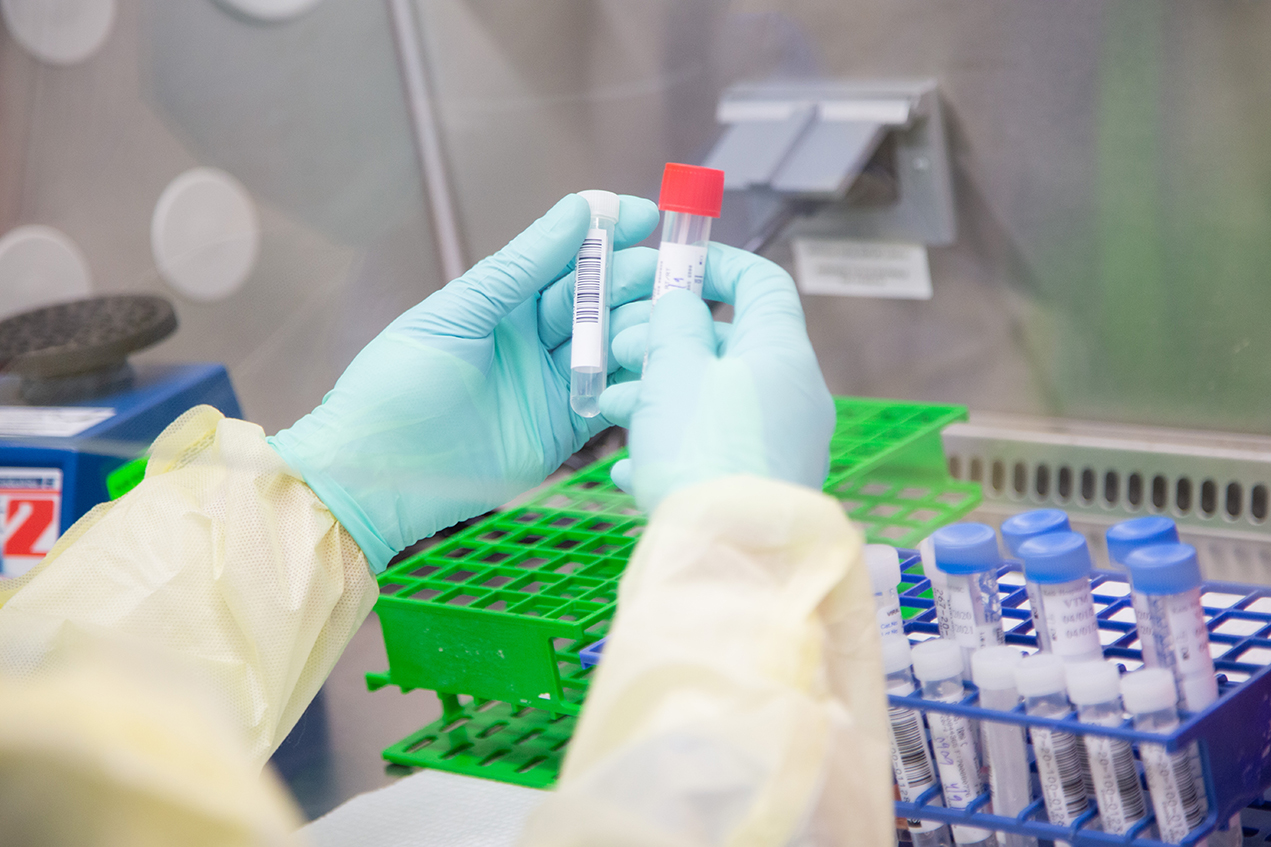 |
|
July 23, 2020 |
|
|
 |
Researchers enrolling patients in trials for a possible antiviral treatment for COVID-19While many scientists are striving to create a COVID-19 vaccine, others are researching the best ways to treat those who are already sick. As part of this effort, Keck Medicine physicians are enrolling patients in an international, Phase 3 clinical trial to evaluate a promising antiviral drug as a possible treatment for severe COVID-19. |
|
 |
USC alumnus grants $4 million gift to USC pharmacy and architecture schoolsA $4 million gift from Edward C. Abrahamian and his wife, Sandra, will fund student scholarships and support resources at the USC School of Pharmacy, as well as the USC School of Architecture. An alumnus of the latter, Abrahamian made his donation to the USC School of Pharmacy in honor of his late brother, Frank, who graduated from the pharmacy school in 1959. |
|
 |
Supplements with potential to prevent Alzheimer's affect blood more than the brainA small clinical trial from the Keck School of Medicine of USC has provided important clues about the discrepancy between levels of omega-3s in the blood with those in the central nervous system in people at high risk for Alzheimer's disease. The findings suggest that higher doses of omega-3 supplements may be needed in order to make a difference in the brain. |
|
 |
Living near natural gas flaring poses health risks for pregnant women and babiesResearchers from the Keck School of Medicine of USC, in partnership with UCLA scientists, have found that women living near natural gas and oil wells that use flaring to burn off excess gas face a 50% greater risk of premature birth than women with no exposure. Flares, which can burn for weeks at a time, release harmful chemicals linked to a higher risk of preterm birth and reduced birth weight in other contexts. |
|
 |